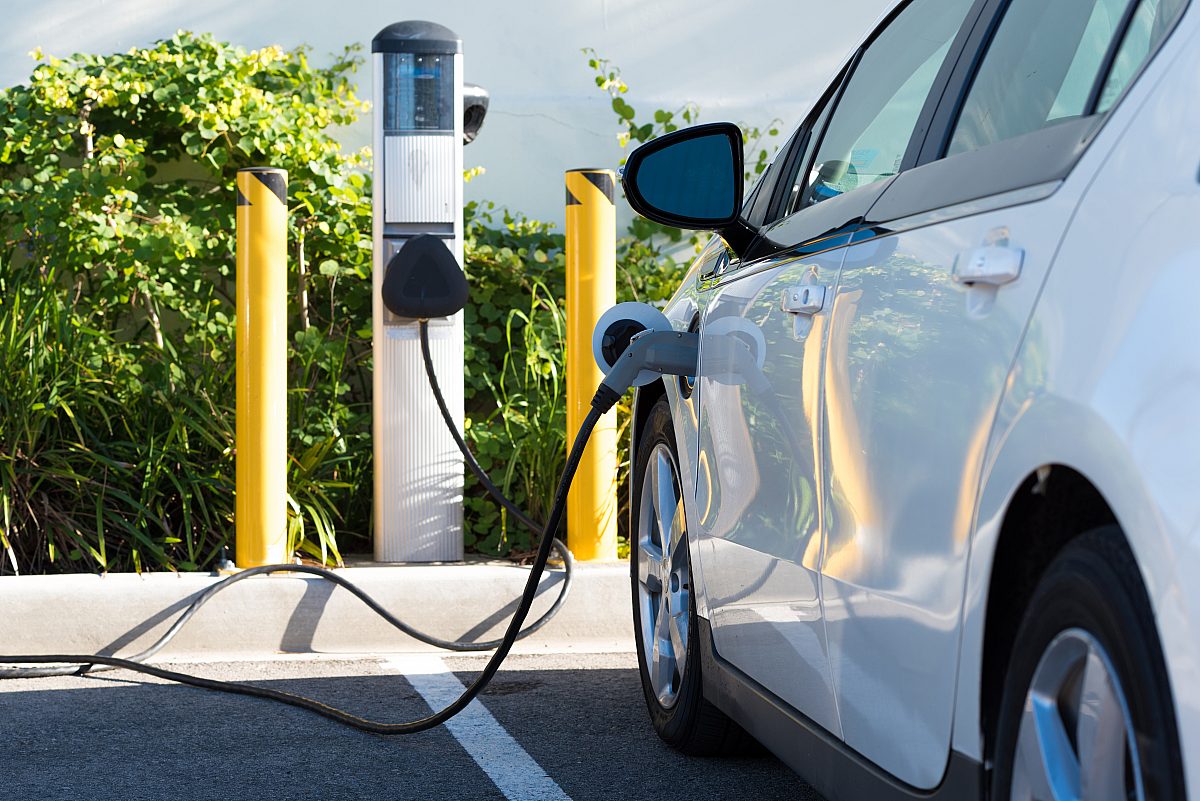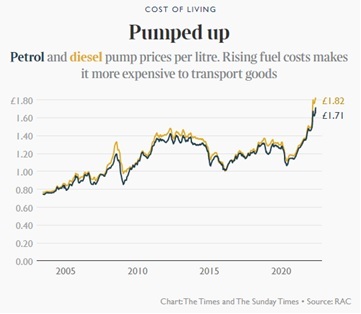
MARKET NEWS
- More and more drivers are switching to electric cars as petrol motors become too expensive Link
- EV ownership at ‘tipping point’ as 50 percent of all car buyers say they want one Link
- Motorists in Scotland considering an electric car can apply for interest-free loans of up to £28,000 or £10,000 for an electric bike or scooter under plans to reduce emissions. Link
- The cost of rapidly charging an electric car has risen sharply as energy costs soar, the RAC has said. Link
- More than £30 million is set to be spent by the Scottish Government this year to support the move to electric vehicles. Link
- Electric vehicle switch is a test of the government’s net zero approach Link
- Biden Administration proposes regulations that would require charging stations to be built with federal dollars, located no more than 50miles apart Link
- Vietnam’s Vingroup teams up with Intel to use IoT technology in electric vehicles and batteries Link
- Chinese carmaker, BYD, under investigation after claims residents near factory suffered nose bleeds and breathing problems Link
- Buying EVs in Malaysia has become more affordable following the new tax incentives that came into force at the start of the year. Link
- Ford investing $3.7 billion to produce more EVs Link
- Electric classic Mini is London’s coolest new cab Link
RELEVANT ARTICLES
The Times – The shift to electric cars has begun – is it time to buy? Link
The average price of a litre of petrol hit a record 175.6p this week, this alone is an incentive to take a look at the economics of EVs.
Second hand market for EVs has taken off with sales doubling from last year, with 14,586 fully electric used cars changing hands. EVs are cleaner, have faster acceleration and lower maintenance costs. A dozen or so manufacturers have already made commitments to sell only fully electric cars by 2030. Electric cars are exempt from fuel duty and, for now, they do not have to pay road tolls. Furthermore, employers are beginning to use salary-sacrifice schemes to offer most tax-efficient way of buying an EV, giving employees savings of 42 per cent if they are higher-rate taxpayers and 32 per cent if they pay the basic rate.
These positives far outweigh the negatives. EVs are more expensive to produce but such tax breaks make them more affordable. The idea of “range anxiety”, the hassle of searching for a charger or failing to reach the destination, puts consumers off but these ranges are constantly increasing, now beyond the 200-mile mark, and as the charge network improves such mishaps of being stranded will become less of a worry. EVs have a waiting list of 12 months as the global semiconductor shortage continues, however in a year’s time there will be a much wider network of chargers along motorways as the government’s fund for rapid chargers is £950million. Charging takes between 15 and 30 minutes, longer if there is a lack of charging points at a station, but private chargers at home offers an alternative to queuing and waiting. Again, the government have announced a £350 grant towards the cost of installing charging points at home.
For some the pros will far outweigh the cons for EVs, they are the classic early adopters: tech-savvy, with disposable income who, if they encounter problems, will agitate for change. The rest will wait for EVs to become more mainstream, once the majority are ready, they will wonder why they didn’t make the shift sooner.
Financial Times – Electric vehicles accelerate China’s looming dominance as a car exporter Link
The opening of Tesla’s Shanghai factory in 2019 was a br4eakthrough for EVs and for the emergence of China as a car exporter. From almost nothing a few years ago, China exported 500,000 vehicles in 2021. It’s market share in Europe was second to Germany, which could mean that Europe will be running a trade deficit with China in automobiles rather quickly. At the moment Europe and Japan, where prosperity is underpinned by automobile manufacturing, buy consumer goods from China and send luxury cars. If China starts to absorb the global auto industry, there would be a dramatic shift in market structure and a traumatic reshaping of the global economy.
STATISTIC OF THE WEEK
The Times - The shift to electric cars has begun — is it time to buy? Link
Pumped up: petrol and diesel pump prices per litre. Rising fuel costs makes it more expensive to transport goods.

